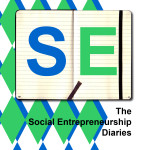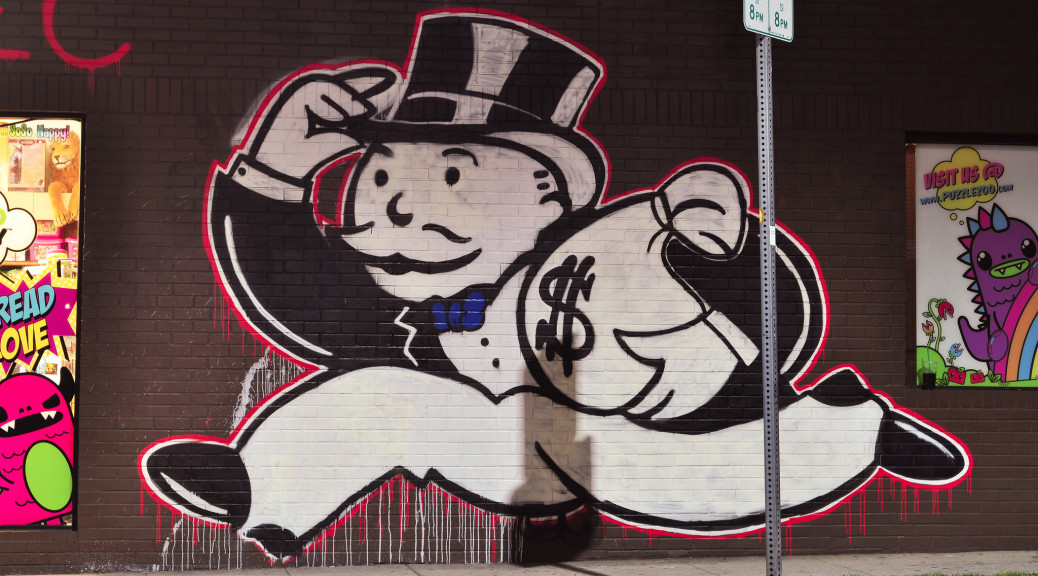
All social entrepreneurs struggle with the same issue: how do I pay for my project’s wings? There are enormous amounts of wealth out there – an ocean of money, as Prof. Mohammed Yunus puts it – but how can it be captured into the production of social good? In this episode, a social entrepreneur, a social investment specialist and the manager of an activist hedge fund provide some answers.
Photo: aisletwentytwo
With the participation of:
Noa Lodeizen, founder of Young in Prison, an organization offering creative workshops to imprisoned youths.
António Miguel, managing director of the Social Investment Lab in Lisbon.
Tere Vaden, managing director of Robin Hood Coop – minor asset management, an activist hedge fund.
LINKS, REFERENCES, FURTHER DISCOVERIES
The Institute of Network Cultures in the Netherlands is the organizer of an event called the MoneyLab. I attended the second edition last December and came across a lot of original, thoughtful and provocative ways of reflecting on the world of finance. The conference videos and reports are available online.
Read about blended finance in this short article from The Economist.
The UK-based non-profit Social Finance offers resources on social impact bonds and more.
This article in Liberation (in French) describes the arrival of social impact bonds in France.
You all remember (from Episode 02) the holding of social enterprises created by Raúl Contreras in Valencia. I promised we would look at its financial construction and so here we go. It was actually one of the first examples of social investment in Spain. The holding issued stocks and gathered 500 investors for a total of 420 thousand euros. In parallel, they created a stock exchange so that investors could liquidate their assets if needed. I was impressed by Raul’s account of how they engaged those investors. It was about six months of networking, reaching out to all kinds of organizations doing social work, holding meetings, spreading the word. A colossal job. But in the end, Raul said, they had not only found their investors but also gathered a pool of about one thousand people that contributed with time and expertise to the development of the 5 companies in the holding. This meets what both António Miguel and Noa Lodeizen say about the non-financial values sustaining /fostered by their organizations.
